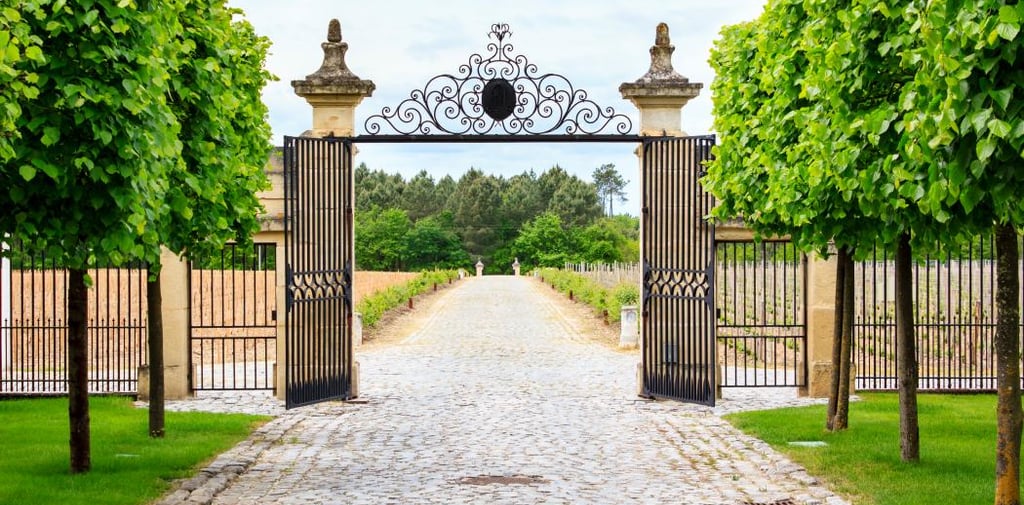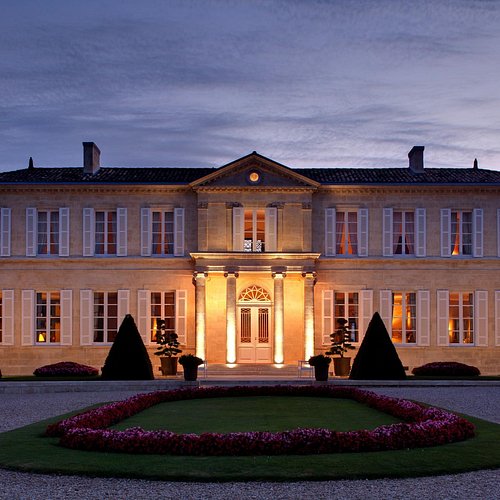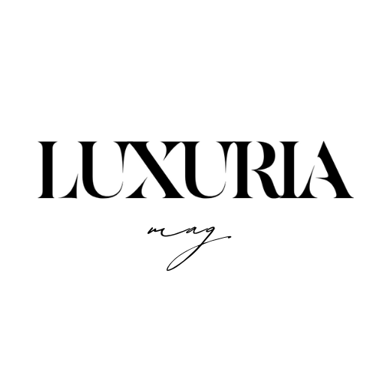Vineyard Estates: The New Prestige Investment
In the evolving landscape of luxury, discerning investors are increasingly turning to an asset that is both tangible and timeless: the vineyard estate. Beyond fine wines and scenic landscapes, ownership of vineyards has emerged as a powerful symbol of refinement, legacy, and long-term value. From Bordeaux to Tuscany and even Morocco’s own blossoming terroirs, vineyards represent not only financial opportunity but also a lifestyle steeped in culture and prestige.
REAL ESTATE
8/22/20252 min read


A Legacy in the Making
Unlike traditional investments, a vineyard estate is more than an acquisition—it is a heritage. Families pass them down as intergenerational symbols of continuity, rooted in the land and enriched by the art of winemaking. Each vintage becomes a story, embodying the history of both the estate and its custodians. For many, owning a vineyard is not simply about producing wine but about creating a lasting cultural and personal legacy.
Exclusivity in Every Bottle
Vineyard ownership offers something few investments can: exclusivity. With limited production, estate wines carry the imprint of their terroir and the vision of their owner. From private labels for family and guests to limited releases for the global market, these wines serve as both a status symbol and a highly personal form of expression. For elite investors, every bottle is a statement of taste, craftsmanship, and distinction.


Financial Value Meets Cultural Prestige
While the romance of vineyards is undeniable, they also provide tangible economic returns. With global demand for fine wines growing steadily, prestigious estates appreciate in value while generating income through both production and hospitality. Many estates diversify into luxury tourism, offering exclusive tastings, private stays, and curated experiences that enhance both profitability and prestige.
The New Geographies of Luxury Wine
Although Bordeaux, Burgundy, and Tuscany remain the epicenters of vineyard investment, emerging regions are attracting visionary investors. From South Africa’s Stellenbosch to Argentina’s Mendoza and Morocco’s sunlit valleys, new terroirs are redefining the geography of fine wine. These regions blend affordability with potential, allowing investors to shape the future of global wine culture.
A Lifestyle Investment
Perhaps the greatest allure of vineyard estates is the lifestyle they offer. Days begin with the quiet beauty of rolling hills and end with glasses raised in candlelit cellars. Ownership allows one to host guests amid the vines, partner with celebrated oenologists, and participate in the artistry of winemaking itself. It is an investment that appeals not only to financial sensibilities but also to the soul.
Refinement Rooted in the Land
In 2025, vineyard estates stand at the intersection of culture, exclusivity, and value. They represent the luxury of time, patience, and tradition—qualities rare in a world defined by speed. To own a vineyard is to invest in refinement itself, where each harvest reflects both the land’s richness and the owner’s enduring vision.


